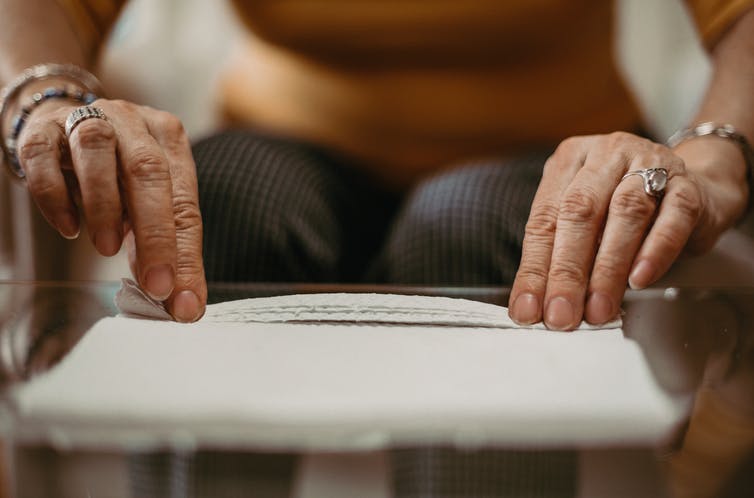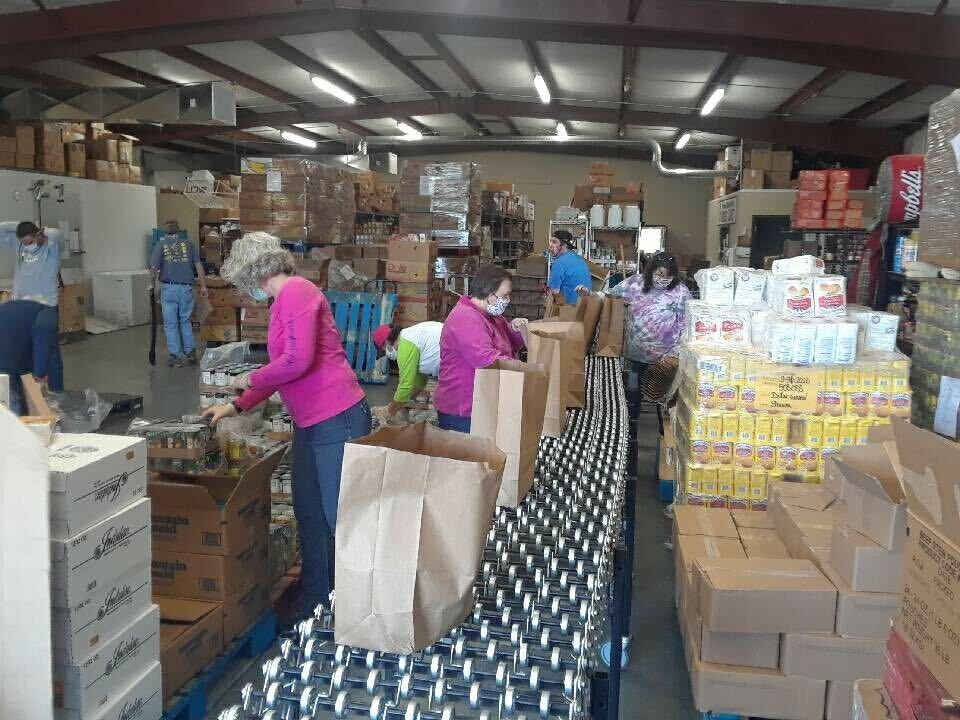This article was originally published by Ohio Valley ReSource.
On March 17, Virginia Gov. Ralph Northam banned gatherings of 10 or more people to slow the spread of the coronavirus. Mekyah Davis, 23, was in his second week of a new job waiting tables at the cryptid-inspired Wood Booger Grill in Norton, Virginia.
“That week, [my boss] cut the schedule,” Davis recounted. “Everybody only had one shift.”
A week later, the governor banned dine-in service at all restaurants. Davis was out of a job. “I’m about to apply for unemployment as we speak,” Davis said.
The economic toll of coronavirus-related shutdowns has reached even the most rural communities as governments move to stave off an even more dire public health crisis. In Kentucky, Ohio and West Virginia combined, more than 750,000 people filed unemployment insurance claims over a two-week period, and economists agree that America has entered a recession.
The job losses hit especially hard for young people who tend to rely on hourly jobs in the service industry and may also depend on university meal plans to get by. Data on the specific impact of a coronavirus-related recession on young people is limited, but with schools and universities across the nation shut down or transitioning to online learning, and 24 million jobs in the leisure and hospitality industries at risk, it’s not difficult to imagine the toll the recession might have.
Lou Murrey, 29, is the coordinator of the Stay Together Appalachian Youth Project, a regional network that supports young people who want to live and work in Appalachia, rather than contribute to out-migration to urban centers. Since the pandemic began, Murrey has received countless panicked messages from young people in immediate financial need. Some of them were students, like those from Berea College, which closed March 13, suddenly finding themselves without a room and a meal plan.
“Or there were people coming home from West Virginia University worried that, you know, ‘I’m going to have to walk two miles to the library to use the internet,’” Murrey said, “‘So I can finish my classes so I can graduate.’”
It wasn’t just students. As restaurants like the Wood Booger began to close, Murrey, who uses gender-neutral they/them pronouns, realized young service-industry workers would need help making rent and buying groceries. They began working with activists at the Kentucky Student Environmental Coalition to support young people in crisis.
The groups launched the KSEC & STAY Project Mutual Aid Fund on March 20. The fund offers money directly to people in Appalachia between the ages of 14 and 30.
“I had to shut it down after four hours because we were out of money, because we had so many requests,” Murrey said. “And every single one of them was a person in crisis. Every single one of them was like, I need just $100 to help me buy groceries, I need just $200 to pay rent.”
People Helping People
Mt. Sterling, Kentucky, musician Larah Helayne, 18, lost months of income as live gigs were cancelled or postponed. “I live with my grandparents, and they’re 64 and 67, and my great grandparents and my great uncle all live on the same plot of land, and they’re all immunosuppressed. So I’ve been doing all the errand-running, all the grocery shopping, while also trying to keep up good grades, and attend like 800 Zoom meetings a day.”
The high school senior worries for the members of their school’s Gender and Sexuality Alliance, many of whom are stuck at home with unaccepting family members. So in addition to schoolwork and caring for their family members, Helayne does what they can for friends, dropping off a minifridge for one or lending their laptop to another. Helayne has also offered to pick up groceries for several elderly neighbors who are at higher risk for serious infection from the coronavirus.
It’s work that Murrey and KSEC’s eastern Kentucky coordinator Caci Gibson call “mutual aid,” a kind of generosity that emphasizes solidarity rather than charity.
Although the term ‘mutual aid’ might be foreign to some, it’s central to how Appalachian communities have weathered previous economic hardships. “How many times has a church community rallied around a widow and brought her casseroles so she could eat?” Gibson said. “That’s mutual aid. It’s how we take care of each other here.”
In regular teleconference calls, STAY Project and KSEC members share their struggles with finances, isolation and the uncertainty of the future.
“This is a very uncertain time,” Davis said. “But we do know that even if we can’t physically be with each other and congregate and whatnot, we’re going to continue to show up for each other, whether it be fundraising to get each other resources, whether it be hosting virtual social events.”
“Whether you’re in school or not, your whole world has been flipped upside down,” Murrey said. “And I’m just really proud of young people in this region who step up to the plate time and time again.”
We Can’t Go Back
The STAY Project and KSEC continue to fundraise so as to keep offering grants of $100 to $200 to young people in crisis. But Murrey said the fund would never be enough.
“What we’re doing is providing a small Band-Aid,” Murrey said. “But what this whole thing has been is an unveiling of how much of a sham our whole system is.”
“Absolutely,” Gibson agreed. “We need to find ways to meet people’s immediate needs, but also change the system. A lot of times we say that we’re modeling the new world, and that we’re building the world that we want to live in.”
The young people point to corporate bailouts, health insurance tied to employment, and the number of their friends and relatives so strapped for resources as evidence that the system has failed them.
When summer comes, Davis hopes to deliver fresh vegetables from his garden to community members in need, and host bonfires in his yard where everyone stays 6 feet apart. “We belong to each other,” he said. “We can’t go back to the way we’ve been living our lives for so long. We have the opportunity to completely transform our community.”



